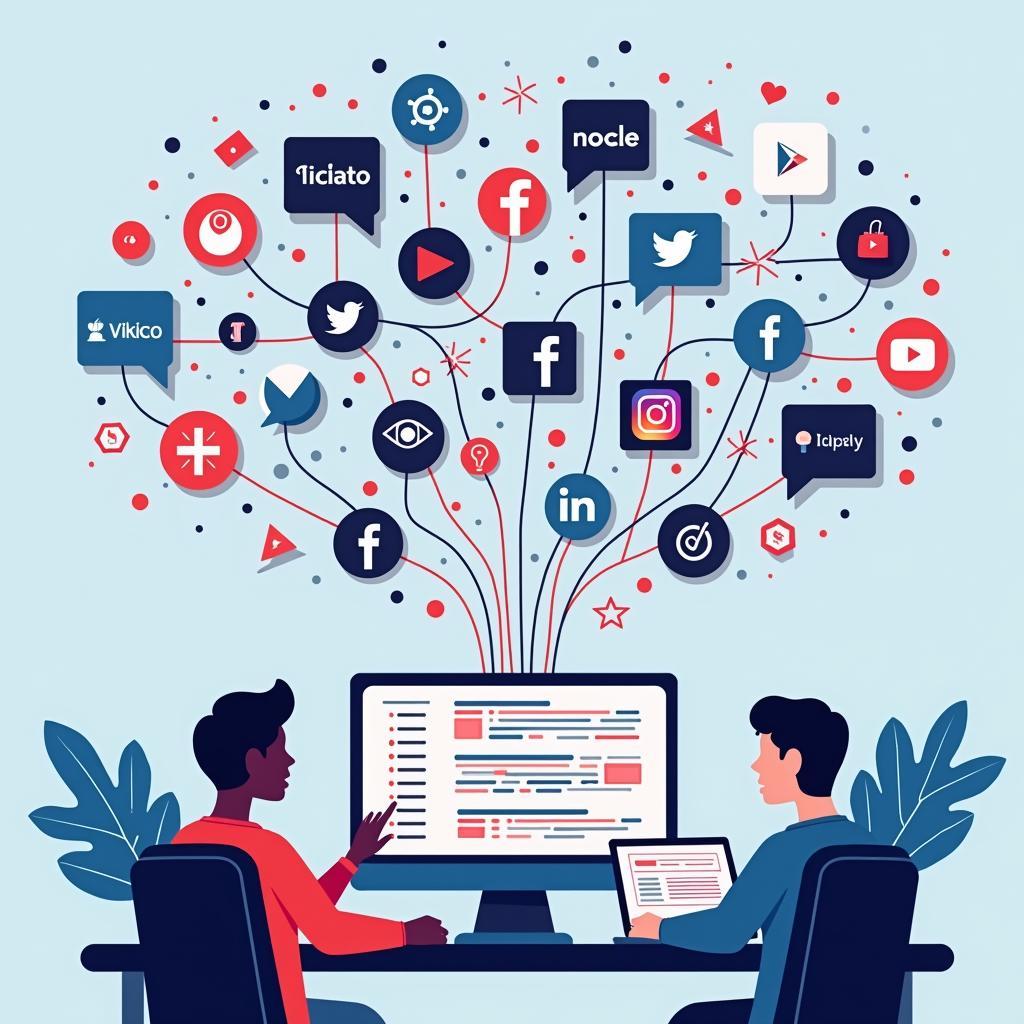The topic of digital platforms and their impact on independent artists has become increasingly relevant in IELTS Writing Task 2 examinations. Based on recent test reports and analysis of past papers, questions related to technology’s influence on arts and culture appear approximately every 3-4 months, making this a high-probability topic for future tests.
Analysis of Topic and Question Types
A common question format that has appeared in recent IELTS tests is:
Digital platforms have made it easier for independent artists to reach audiences without traditional intermediaries. While some people believe this democratizes art, others argue it reduces quality standards. Discuss both views and give your opinion.
 Digital platforms revolutionizing independent artist promotion and distribution
Digital platforms revolutionizing independent artist promotion and distribution
Sample Essay 1 (Band 8.5)
The proliferation of digital platforms has fundamentally transformed how independent artists connect with their audiences, eliminating traditional gatekeepers. While this democratization of art distribution has sparked debate, I believe the benefits significantly outweigh potential drawbacks.
Digital platforms have undeniably democratized artistic expression in unprecedented ways. Platforms like YouTube, Instagram, and Spotify enable artists to showcase their work globally without requiring approval from record labels or gallery owners. This has led to the emergence of diverse artistic voices that might have remained unheard in the traditional system. Furthermore, direct audience engagement through these platforms allows artists to build loyal followings and monetize their work through various channels, from merchandise sales to crowdfunding.
However, critics argue that removing traditional quality controls has led to market saturation with subpar content. The ease of publishing means that unrefined or amateur work can potentially overshadow more accomplished artists. Additionally, the algorithm-driven nature of many platforms may prioritize viral appeal over artistic merit, potentially influencing creators to compromise their artistic integrity for views and engagement.
Nevertheless, I contend that the advantages of digital democratization substantially outweigh these concerns. Firstly, audiences have developed sophisticated content filtering abilities, naturally gravitating toward quality work regardless of its origin. Secondly, the removal of institutional barriers has fostered innovation and cross-cultural artistic exchange, enriching the global creative landscape. Finally, the direct artist-audience relationship has created more sustainable career paths for creators who can now earn a living through micro-transactions and supporter contributions.
In conclusion, while the digital revolution in art distribution presents certain challenges, its role in democratizing creative expression and enabling sustainable artistic careers represents a positive transformation of the cultural landscape. The key lies in embracing this evolution while developing better tools and practices to highlight quality content.
Sample Essay 2 (Band 6.5)
Digital platforms have changed how independent artists share their work with people. Some people think this is good because anyone can share their art, but others worry about the quality of art. I will discuss both sides and give my opinion.
On the positive side, digital platforms help artists share their work easily. Artists can use social media and websites to show their paintings, music, or videos to many people. They don’t need to get permission from big companies anymore. This means more different types of art are available for people to see. Also, artists can make money directly from their fans through these platforms.
However, some people think this causes problems. When anyone can share their art, there might be too much low-quality content. It becomes hard for people to find good art among all the choices. Also, some artists might focus more on getting likes and views than making good art.
I think digital platforms are mostly good for art. Even though there is more content to sort through, people can usually find what they like. These platforms also help artists from different countries share their culture with the world. Many artists can now make money from their work without needing help from big companies.
In conclusion, I believe digital platforms have helped more than hurt the art world. While there are some problems, the benefits of letting more artists share their work are more important.
Key Vocabulary
- proliferation (n) /prəˌlɪfəˈreɪʃən/ – rapid increase in numbers
- democratization (n) /dɪˌmɒkrətaɪˈzeɪʃən/ – making something accessible to everyone
- gatekeepers (n) /ˈɡeɪtkiːpəz/ – people who control access
- unprecedented (adj) /ʌnˈpresɪdentɪd/ – never done or known before
- subpar (adj) /ˌsʌbˈpɑː/ – below average
- integrity (n) /ɪnˈteɡrəti/ – quality of being honest and having strong moral principles
- micro-transactions (n) /ˈmaɪkrəʊ trænsˈækʃənz/ – very small financial transactions
- sustainability (n) /səˌsteɪnəˈbɪləti/ – ability to maintain at a certain level
Writing Tips for Different Band Scores
For Band 8-9:
- Demonstrate sophisticated vocabulary usage
- Present complex arguments with clear logic
- Use varied sentence structures
- Maintain consistent coherence throughout
For Band 6-7:
- Focus on clear organization
- Use basic but accurate vocabulary
- Keep ideas simple but well-explained
- Ensure proper paragraph structure
Similar topics you might encounter:
- Impact of social media on traditional art forms
- Role of technology in preserving cultural heritage
- Online platforms and creative industry economics
Practice writing your own essay and share it in the comments for feedback!


